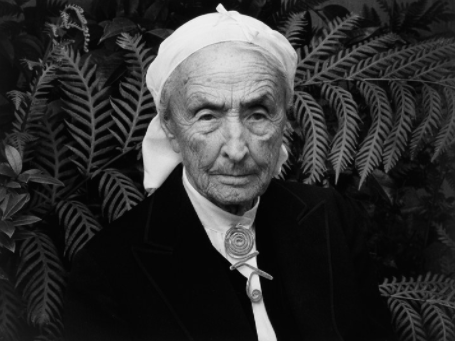
“Knowledge is learning something every day. Wisdom is letting go of something every day.” (Lao Tsu)
This is as good of a distinction between knowledge and wisdom as any. Obviously we need both and when in balance there is much potential for a better life and world.
With this in mind, one can understand the trope of the “Wise Elder.” Age-ing confronts us with loss: loss of career, of friends, loved ones and family, and the decline aspects of natural senescence. This is why Lao Tsu’s quote resonates more the older I get. To be able to move on in a healthy way one has to surrender to the realization that we are all passing through this world. Therefore, it may be part of our genetic code that the awareness of age-ing leads to a natural change of consciousness from adulthood to Elderhood. Attributes such as non-attachment, wholistic perspective on the meaning of life, living more in the moment, and the underlying veracity of cultural traditions are but a few manifestations. All of them are aspects of wisdom and veritable spirituality. Needless to say, not all elders reflect this, however it’s not a stretch to see how the Council of Elders in many cultures played an important role in their respective societies. Elder was a badge of reverence.
Yet some would have you believe that this is an ageist stereotype because, after all, not all elders are wise. While this is true, as an elder, let me say I am not offended if anyone, observing the age on my wrinkled face, presumes I possess wisdom. At the very least it exudes respect and assumes a positive natural extension of entering Elderhood. Obviously there are many bad or negative stereotypes on growing old, but a wise elder is not one of them. If someone typically refers to a child as an “imaginative child” is that an ageist stereotype? It’s obviously absurd because in natural childhood development kids live in the world of imagination.
A prominent author on age-ing has an alternative suggestion to the word “Elder,” which is to use the word “Older” and avoid the so called ageist term elder. I respect this author, however, I demur. Older to me is superficial, sterile, and vacuous of any characteristic or mystique of Elderhood. It neuters the other worldliness and intrigue of age-ing in this world. Elder connotes a depth of field, a subtlety, a heft and richness even in its phonetics.
So as far as this older person is concerned if one desires to categorize me as an elder that is perfectly acceptable.
Hey Jeff,
Pleased to see you’ve still got fresh ink in the well.
Now about your clout getting a poker game underway???